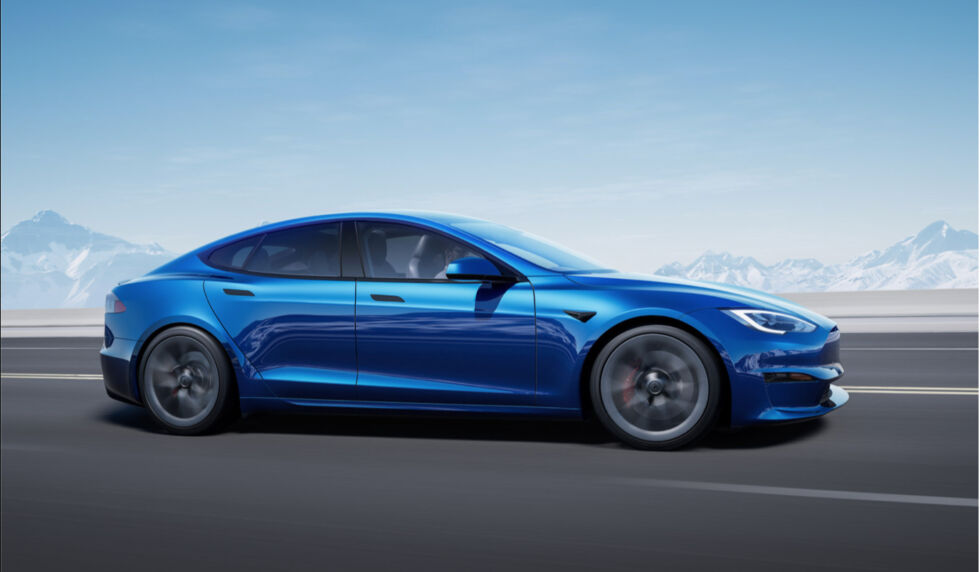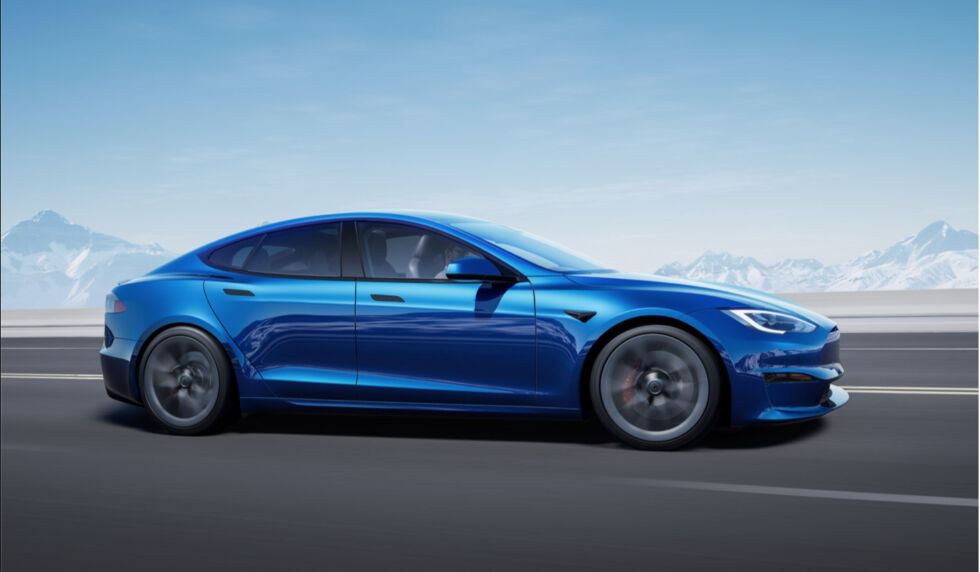-

Tesla has given its venerable Model S sedan a much-needed makeover. [credit: Tesla ]
On Wednesday evening, Tesla revealed a comprehensive refresh for its Model S sedan and Model X SUV. The revised battery electric vehicles go into production in the next few weeks at the company’s factory in Fremont, California, and include brand-new interiors and some exterior styling changes, but significantly both models will get updated powertrains, including new battery packs, power electronics, and drive units. And there are also “Plaid” versions of both sedan and SUV, the former with a supercar-rivaling 0-60mph time and 200mph top speed.
First introduced in 2012, the Model S received a minor refresh—notably a new look for the front and some small tweaks on the interior—back in 2016. This time, the work has been far more radical. Unlike the Models 3 and Y, the Model S still comes with a main instrument panel in front of the driver, but like the smaller, cheaper Tesla BEVs the big infotainment screen is now in a landscape orientation. Tesla has also added wireless charging for devices, a small screen for rear passengers, and boasts “10 teraflops of processing power” for “in-car gaming on-par with today’s newest consoles,” as well as compatibility with wireless controllers.
The most visibly obvious change has to be the new steering wheel. Or rather, steering yoke. While other car makers have experimented with flat-bottomed steering wheels in the past (and even square wheels in the case of the Austin Allegro), the new Tesla controller owes more to the controls of a Boeing 747, or perhaps K.I.T.T. from Knight Rider (the original, not the mid-00s remake with a Mustang). Presumably, Tesla expects Model S owners to use the car’s automated parking feature rather than parallel parking, an activity that invariably involves rotating the steering wheel more than 360 degrees.





